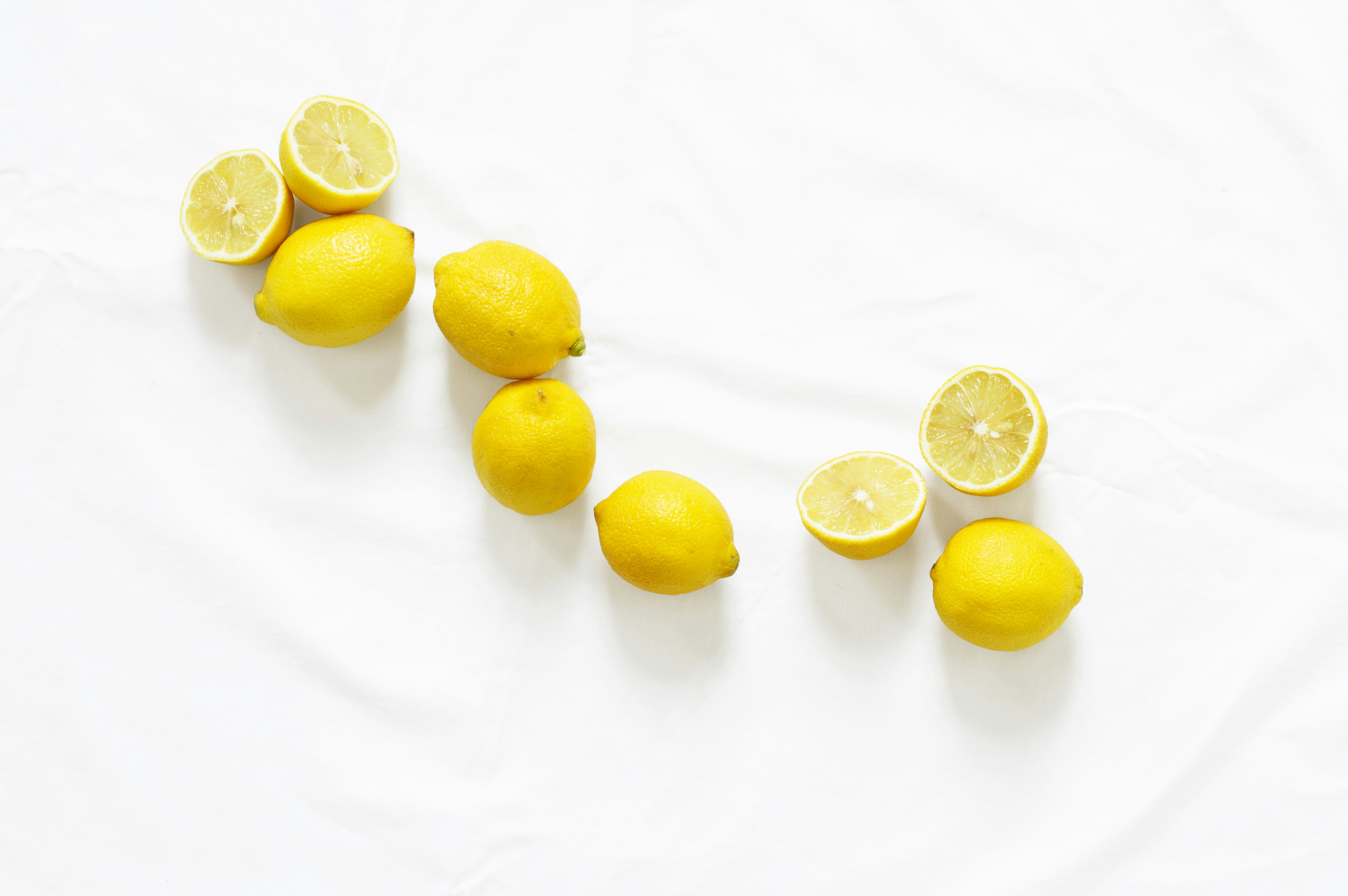Have you heard that consuming garlic on an empty stomach is really useful? Someone may think that only grandmothers think this is a good thing and only they can consume it. Nevertheless, this is very beneficial habit that can help you in more than one way. It is efficient when it comes to preventing as well as treating numerous diseases.
Many researches have been done on the topic of garlic consumption benefits. They have all showed that consuming garlic prior to eating or drinking anything will increase it power and this powerful natural antibiotic can start working. Do you know why it has higher efficiency when it is consumed before meal? The bacteria in your body are becoming overexposed to it and its antibiotic influence and cannot defend themselves.
Why is it Good to Eat Garlic on an Empty Stomach
It has been proven many times that garlic is good for relieving the symptoms of hypertension. It is also very useful for regulation of the blood circulation, for preventing many heart diseases and triggering the appropriate function of the liver and the bladder.
Garlic can also be of great help when it comes to certain stomach problems, including diarrhea. According to some, it also can have positive effects on some nerve problems, but only when it is consumed on an empty stomach, before breakfast.
Besides for diarrhea, garlic is also very beneficial for other stomach problems because it triggers appropriate digestion and it regulates the appetite. If you consume garlic, you will deal much easier with stress, and thus the stomach acid is going to be produced in lower amounts, since your body produces it mostly when it is under stress.
Garlic is well known for its advantages all over the world. Almost all people are aware how beneficial it is, and that is one of the reasons why people have started calling it “a healing food” many years ago.
Garlic And Alternative Medicine
Alternative medicine places the garlic at a high pedestal and considers it to be one of the most effective foods for detoxification of the body. Many medical practitioners from this area claim that garlic is so potent that can cleanse the body from worms and parasites, and can prevent many illnesses such as depression, typhus, diabetes, and even some cancer types.
If you happen to be allergic to garlic, never forget two things: never consume it raw, and if there is some skin outbreak, a headache or increased body temperature, stop consuming it immediately.
However, some studies have discovered that eating garlic can have side effects in patients that take pills for treating HIV/AIDS. In case you deal with these conditions, pay special attention and be very, very cautious. The first thing you should do before you start consuming garlic is to make sure that it is safe for you to consume it.
Even though it has strong flavor and aroma, you should consume it anyway and utilize its all health benefits. Instead of raw garlic, you can even use garlic supplements and utilize its benefits in this way.
Can you eat garlic on empty stomach or do you suffer from any complication? Do you use a raw garlic in your kitchen? Can you manage the smell of it?

